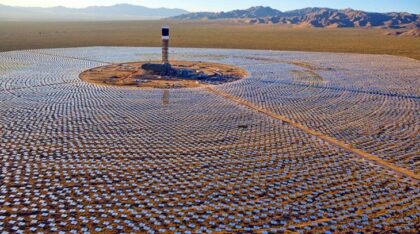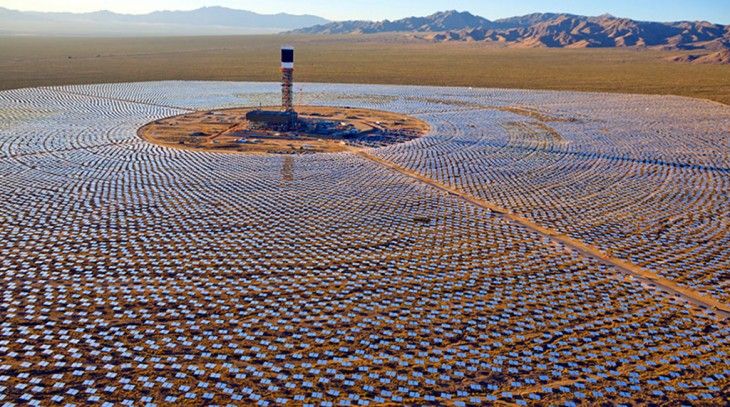 The kingdom of Morocco envisions to build a carbon-free energy sector by 2050 as the North African country adopts a new energy vision, Bas Carbone (Low Carbon).
The kingdom of Morocco envisions to build a carbon-free energy sector by 2050 as the North African country adopts a new energy vision, Bas Carbone (Low Carbon).
The new vision, made of seven orientations, aims first and foremost at accelerating the strong development of renewable energies with a view to decarbonize electricity, with an indicative target of 80% by 2050 and at increasing the electrification of uses in the industry, building, and transport sectors, and evaluate the development potential of green hydrogen to decarbonize industry and road freight.
The future plan designed and submitted to the United Nations by the Ministry of Energy Transition and Sustainable Development also seeks to generalize energy efficiency as well as the efficiency of the use of natural resources in all sectors of activity, while developing quality standards in construction and equipment, stimulate the circular economy, reduce and recover waste, as well as develop sustainable and resilient agriculture and forest ecosystems and implement transport and logistics plans that promote multimodality and massive investment in the development of new transport infrastructures.
The vision equally wants to promote a new generation of low carbon and smart cities, including the systemic integration of digital transition technologies in all socio-economic sectors.
The kingdom of Morocco, as part of the vision expected by 2050, will reduce its reliance on conventional thermal power plants and increase the use of smart grid technologies.
“Green hydrogen produced by electrolysis from renewable electricity and its derivatives (ammonia, methanol) could also contribute to decarbonizing energy sectors and uses that cannot be directly electrified. They are mainly found in heavy transport (ships, planes, long-distance trucks) and certain industrial applications (industrial heat at very high temperatures),” the plan also stressed.
The ambitious vision is however facing a number of roadblocks including high inertia of technical systems based on heavy equipment and infrastructures, urgent necessity to meet the needs of households and the national economy as well as a complete technological transition towards low carbon.
The challenges, the plan also insists, can be addressed through four options namely new renewable energies (wind and solar, variable energies), conventional renewable energies (hydro and biomass), nuclear energy and finally fossil energies, associated with carbon capture and storage (CCS).



